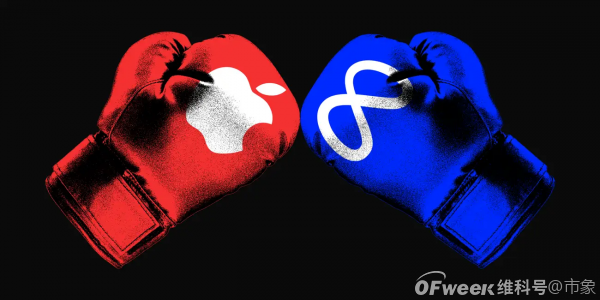In the issue of protecting children's online safety, Apple and Meta have been arguing endlessly
![]() 09/06 2024
09/06 2024
![]() 480
480

Meta believes that Apple should be responsible for age verification on the App Store. This is certainly convenient for Meta, but Apple has been lobbying against any legislation that may impose such a requirement.
In the end, it is the parents and children who suffer.
Meta is in trouble. Everyone is blaming it for its role in the youth mental health crisis.
Last November, Antigone Davis, Meta's global head of safety, published a blog post calling on governments to establish rules for children and teenagers' use of Instagram and other social media. She proposed that Apple and Google should be responsible for age restrictions and parental consent through their app stores. She wrote in the post:
"Parents should approve the download of apps by teenagers and support federal legislation requiring app stores to obtain parental permission for downloads by teenagers under the age of 16. In this way, when teenagers want to download apps, app stores need to notify their parents, just as parents receive notifications when teenagers try to make purchases. Parents can decide whether to approve the download, and when setting up their phones, they can also verify the age of teenagers, thus avoiding the need for multiple age verifications across multiple apps.""This sounds like Meta is trying to shirk its responsibility to clean up the mess.
But Meta does have a point: it is indeed much easier for Apple and Google to implement age restrictions at the app store level than for each individual app to do the job.
According to a report this week, Apple is completely unwilling to accept this idea. When Louisiana legislators considered a bill requiring app stores to be responsible for age verification, Apple sent a lobbying team to block the bill. This strategy worked - this part of the bill was dropped.
This is a new turning point in the low-key battle between Meta and Apple. Meta harbors resentment towards Apple for several reasons: Apple's "Ask Apps Not to Track" feature has harmed its advertising business; Apple's App Store charges up to 27% commission on certain in-app purchases; worst of all, Apple takes a condescending stance on privacy issues.
You can imagine why Apple is reluctant to take on the responsibility of enforcing age restrictions for all social media apps. Apple doesn't want to deal with age verification issues as it can raise privacy concerns. And it may also be reluctant to foot the bill for Meta and TikTok's troubles. Additionally, Apple already offers parental controls and age ratings within the App Store, allowing parents to block apps for specific age groups.
As a result, Apple and Meta are at an impasse.
It seems that everyone agrees that there are serious problems between teenagers and social media, but there is no clear and simple solution. Age verification is not an ideal solution (I certainly don't want to upload my driver's license just to use Instagram), and simply banning children under 13 (or 15!) from using these apps does not address the issue of young people struggling with social media once they enter it.
Meanwhile, states are sporadically enacting laws regarding teenagers and social media. New York passed a bill this summer banning the use of "addictive" algorithms in push notifications for young users. Several other states, including California, Arkansas, and Utah, are also trying to regulate social media use by teenagers through their own laws, although these laws have faced court scrutiny based on the First Amendment.
Both Meta and Apple could do more to address the issue of children and their phones - and so could governments. For now, parents are left to navigate this challenge alone.






